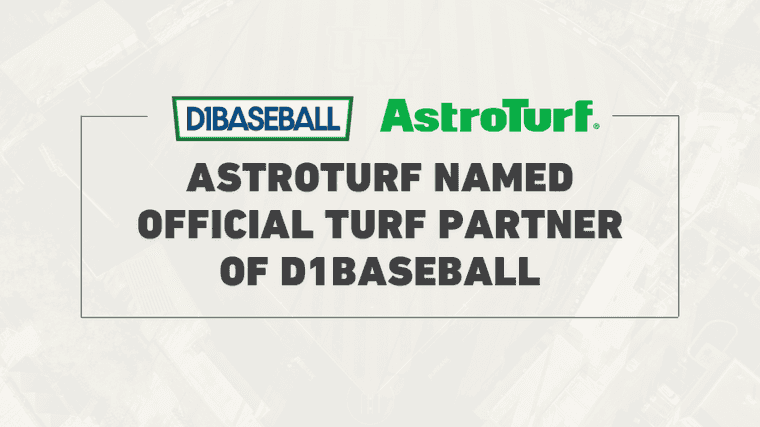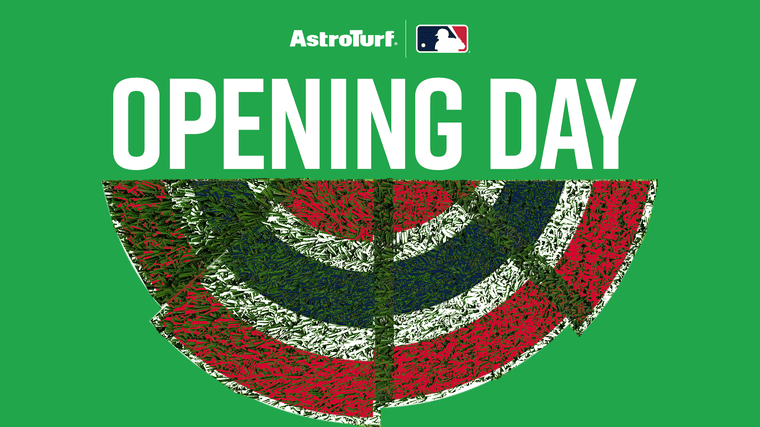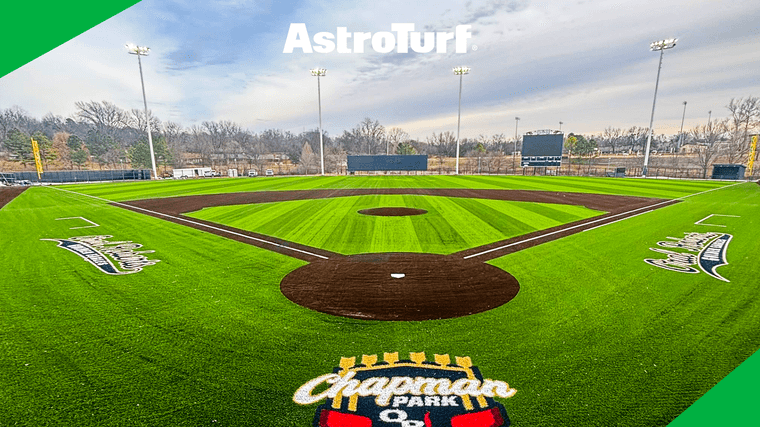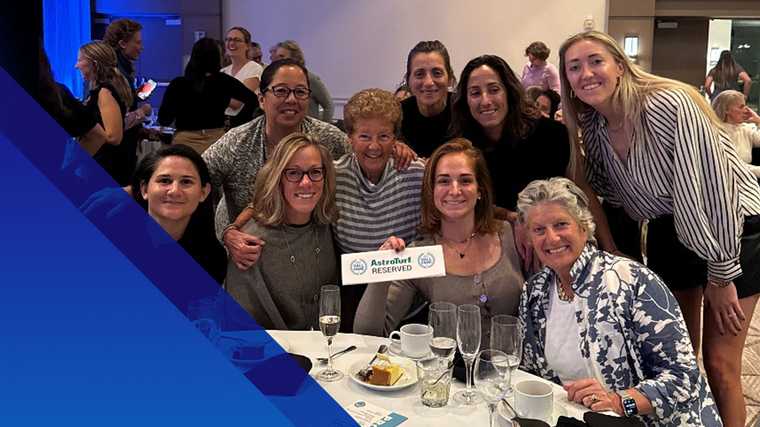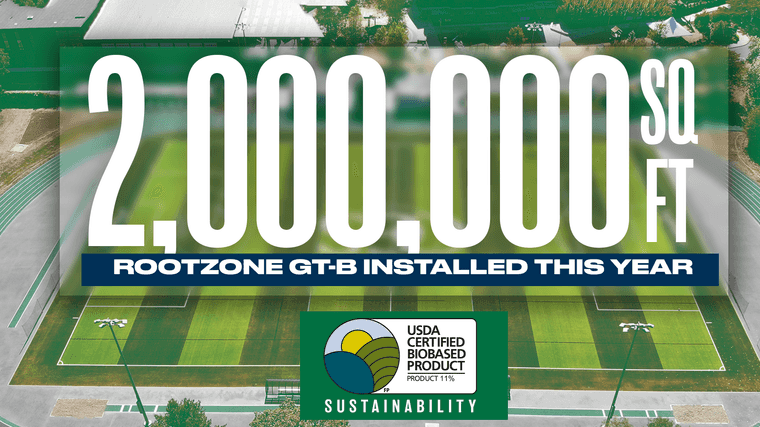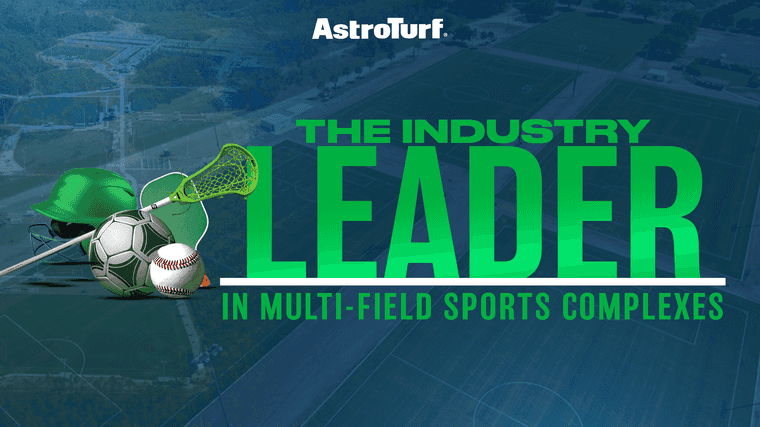ANN ARBOR, Mich. — As the NCAA field hockey tournaments commence, AstroTurf’s influence is evident across all divisions, shaping the collegiate field hockey landscape through speed, precision, and reliability. With the majority of Division I and Division III teams competing on AstroTurf surfaces, the synthetic turf leader continues to elevate the sport, providing fields that meet the high demands of collegiate play.
In the Division I tournament, AstroTurf fields are essential to the success of top-ranked teams, with 17 out of 18 qualifying programs playing on AstroTurf surfaces. This includes powerhouse programs such as North Carolina, Duke, Harvard, Northwestern, and UConn, all competing on either AstroTurf’s A12 or Poligras systems. These fields are engineered specifically for the fast-paced, high-skill game that defines Division I field hockey, delivering consistent ball roll, high shock absorption, and precision that can make the difference in tournament play.
“Field hockey is a game of precision and pace, and our fields are designed to enhance both,” said Melissa Vassalotti-Twist, Director of Field Hockey for AstroTurf. “We’re honored to play a part in the journey of these exceptional teams, and to support athletes competing at their best on surfaces built for elite play. This company and invention have been pivotal in driving the growth of field hockey for decades, but we continue to raise the bar with new technology and innovations in field design.”
Meanwhile, in Division III, 12 tournament teams are also playing on AstroTurf fields, including Bryn Mawr College and Wesleyan University, both making history with their first-ever NCAA tournament appearances. The two programs recently transitioned from infill fields to AstroTurf’s Paris GT dry surface system—a specialized turf designed to enhance agility and control. Since the switch, Bryn Mawr has averaged 2.15 goals per game while significantly outshooting its opponents, while Wesleyan’s offensive power has surged with an impressive 3.13 goals per game average.
With field hockey’s unique demands for consistent speed and precision, AstroTurf fields have become foundational to collegiate field hockey. Surfaces like the A12, Poligras, and Paris GT systems cater specifically to the sport’s requirements, offering a reliable base that allows players to focus on skill and strategy without concern for footing or ball movement inconsistencies. With fields that align closely with the needs of college teams, AstroTurf is not just a playing surface but a key component of training and competition for athletes across divisions.
“AstroTurf’s field quality means athletes can trust their footing, ball control, and pace,” said Vassalotti-Twist. “A reliable surface makes all the difference in high-stakes games, and AstroTurf helps raise the level of competition across the sport.” Twist won three National Championships and three ACC Championships as a player for the University of Maryland.
As the NCAA tournament progresses, AstroTurf’s impact on collegiate field hockey is clearer than ever, providing the surfaces that support peak performance and define the game at its highest levels. From cutting-edge technology to specialized field design, AstroTurf’s commitment to the sport is showcased as teams chase championships on fields designed for success.
For more information about AstroTurf and its innovative turf solutions, please visit astroturf.com.
About AstroTurf®
For athletes and sport enthusiasts, AstroTurf® has redefined the way the game is played. The inventor of synthetic turf, AstroTurf® offers advanced, state-of-the-art, multi-sport and specialized synthetic turf systems with proprietary engineered technologies. To learn more, visit astroturf.com.



